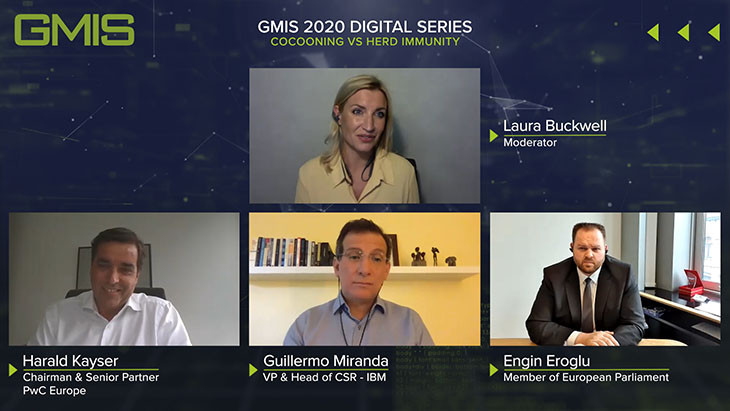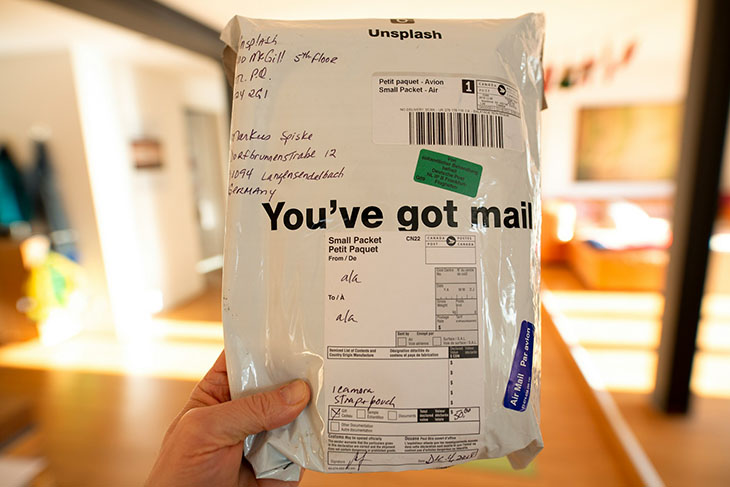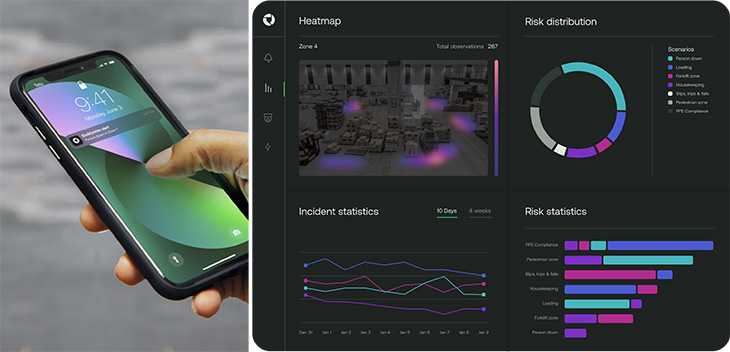- Government economic stimulus packages should focus more on upskilling the workforce
- Companies should seize the opportunity to reassess priorities and reorient operations towards sustainability and social responsibility
- Time for companies to “lead with values” and play a role in society beyond generating profits
- Women suffering disproportionately more than men during lockdowns
- Senior representatives from PwC, IBM and the European Parliament debate topic of Working Through the Pandemic: ‘Cocooning’ versus ‘Herd Immunity’ at the Global Manufacturing and Industrialisation Summit’s Virtual Edition (#GMIS2020)
Hannover, Germany – August 11, 2020: A skills deficit is preventing the world from leveraging the huge potential of digital technologies and threatens to impede the global economic recovery from the COVID-19 pandemic, leading experts from PwC, IBM and a member of the European Parliament said at the Global Manufacturing and Industrialisation Summit (#GMIS2020) Virtual Edition. Companies looking to navigate the downturn should also seize the opportunity to reassess their priorities and place sustainability and social responsibility at the core of their business models, they said.
Harald Kayser, Chairman and Senior Partner at PwC Europe, said reigniting the global economy would require companies and civil society to invest in deeper learning and skills training around digitalisation.
“Currently, in the Western world in particular, there is a gap between the skill set of the workforce and what is required to maximise the use of the technology. Digital upskilling is a key factor and I think this is something that can really help accelerate the productive side of technology after the COVID-19 crisis,” he said.
Guillermo Miranda, VP and Head of CSR at IBM, said there is a danger of amplifying the digital divide unless the skills deficit is addressed.
“Digital platforms and touchless technologies will be at the centre stage in the process of reassessing and emerging from this crisis in a different way,” he said. “We have to think about how to remodel some of these systems and how to redirect government resources towards the right places. That will require a lot of innovation and creativity.”
Engin Eroglu, Member of the European Parliament (MEP), said the pandemic had provided a tough learning curve for many people in terms of new technology. “We need to better understand how we can use our resources and use technology to achieve our goals,” he said. “This is something we see clearly now because we had a lot of pressure during this pandemic. This is why it is important to have clear framework conditions.”
Government stimulus packages introduced to keep economies afloat during the crisis caused by the pandemic should also be reoriented to accelerate the development of digital skills required to meet future needs.
“The stimulus programmes currently driven by many governments across the globe are the right answer,” Kayser said. “However, the question is whether we concentrate these programmes on the areas which need to be accelerated. We are investing a lot in our workforce, our clients are doing the same, and stimulus programmes run by governments should go in the same direction.”
Miranda agreed, adding: “Many of these stimulus packages have been conceived on the traditional mindset of cash flow availability instead of considering that now is the time to change some of our priorities.”
What will the new normal look like?
In light of the disruption caused by the pandemic, companies should seize the opportunity to reassess their priorities and consider making permanent changes to how they operate, particularly when it comes to issues like sustainability and social responsibility, the speakers said. The rapid switch to remote work and distance learning, for example, had called into question the need to travel so much in the future.
“Sustainability and climate change are the biggest challenges in our world and the travel industry has a major influence on that,” Kayser said. “As companies become keener to reduce their emissions footprint, travelling less could help achieve these goals, while saving time and money.”
Miranda added that it was time for companies to “lead with values” and look beyond the bottom line. “This pandemic has shown us very clearly the fragility of our society and how vulnerable we are about things that we take for granted,” he said. “This is the time to show that companies have a role to play in society that goes beyond generating profits. 2020 will be known as the year of the pandemic, but also the year that we learned how to live differently.”
Eroglu said it was important for business sectors to collaborate to develop cross-industry tools that can support a recovery. “In case a new wave comes we would already have something that we can use,” he said. “So, this is something that we can do in a very targeted way with a vision for the future, but it is something that also brings together a lot of different skill sets,” he said.
Women at higher risk during lockdowns
In reassessing their priorities, companies should also consider how some groups have been more vulnerable than others to the negative effects of COVID-19. Harald Kayser said women are suffering disproportionately compared to men amid the pandemic because they often work in industries that are more impacted, such as healthcare, hospitality, and retail, and are at higher risk of health issues and unemployment.
He said: “At the same time, women are still mainly in charge of child care, and therefore they are affected not only by remote working but also by home schooling. It might be a good chance for men to change the role model.”
Miranda added that the situation had put into perspective that there was still plenty of work to be done to achieve gender parity. “Our mission as a society is to work on reversing the trends that are affecting vulnerable groups,” he said.
Eroglu said the pandemic had highlighted the heavy burden shouldered by women. “It is important to facilitate their work and to try to find new solutions in order to make their life easier,” he said.
Hosted by journalist and news anchor Laura Buckwell, the virtual panel discussion on Working Through the Pandemic: ‘Cocooning’ versus ‘Herd Immunity’ is the seventh session of the #GMIS2020 Digital Series that will lead up to the Virtual Summit on September 4-5, 2020. The session is available to watch on-demand at https://bit.ly/2YHVHyY.
Through its Virtual Editions, the third edition of the Global Manufacturing and Industrialisation Summit (#GMIS2020), a joint initiative by the United Arab Emirates (UAE) and the United Nations Industrial Development Organization (UNIDO), is bringing together high-profile thought-leaders and business pioneers from around the world to shape the future of manufacturing, discuss the impact of pandemics on global value chains, and highlight the role of fourth industrial revolution (4IR) technologies in restoring economic and social activities.
Participants can watch the GMIS Virtual Summit and Digital Series by registering on the following link: https://bit.ly/3eYq75o. The programme agenda is available on the following link: https://bit.ly/3aoiiFb.




















